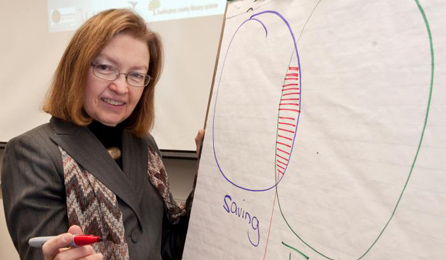Perry, V. G. (2008), Is Ignorance Bliss? Consumer Accuracy in Judgments about Credit Ratings, The Journal of Consumer Affairs, 42(2), Summer, 189-205.
Brief Description: This study examines the accuracy of consumers’ self-assessments of their credit ratings. Findings suggest that approximately 32 percent of consumers overestimate their credit ratings while only 4 percent underestimate them. Those who overestimate their credit ratings are less knowledgeable about financial matters, are more likely to have acquired their financial knowledge from difficult past experiences, …






